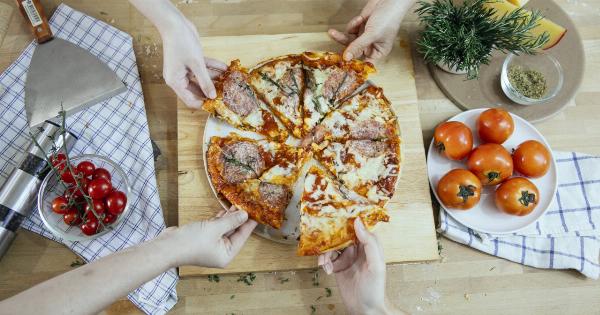As pet owners, we all want the best for our furry friends. One aspect of pet care that is often overlooked is their diet. Feeding our pets the right food can improve their overall health and well-being.
Many pet owners choose to prepare their pet’s meals at home to better control what goes into their pet’s food. Here are some things to consider when preparing meals for your furry friend.
Consult Your Vet
Before making any changes to your pet’s diet, it is important to consult with your veterinarian. They can advise you on the appropriate portion sizes and ingredients to include in your pet’s meals.
Some pets have dietary restrictions or health conditions that require special diets. Your vet can also recommend a veterinary nutritionist if necessary.
Start Slowly
When introducing new foods to your pet’s diet, it is important to do so gradually. Starting with small portions and slowly increasing the amount over time can help prevent digestive issues.
Always monitor how your pet reacts to new foods, and consult with your vet if any issues arise.
Choose High-Quality Ingredients
The quality of ingredients in your pet’s food is important for their overall health. Avoid low-quality meats and fillers, and opt for high-quality proteins and vegetables.
Fresh, whole foods are ideal, but if you use packaged ingredients, make sure they are of good quality.
Incorporate Essential Nutrients
When preparing meals for your pet, it is important to make sure they are getting all the essential nutrients they need. These include proteins, fats, carbohydrates, vitamins, and minerals.
Your vet can provide recommendations on the appropriate mix of nutrients for your pet’s individual needs.
Consider Your Pet’s Age and Lifestyle
Your pet’s age and lifestyle are both important factors to consider when preparing their food. Puppies and kittens have different dietary needs than adult dogs and cats, while older pets may require special diets.
Active pets may need more protein and fat, while less active pets may need fewer calories.
Monitor Their Weight
It is important to monitor your pet’s weight when changing their diet. Just like humans, pets can easily become overweight or underweight. If your pet is gaining or losing weight too quickly, adjust their diet accordingly.
Your vet can advise you on how to properly measure your pet’s weight and monitor their progress.
Be Consistent
Consistency is key when preparing meals for your pet. Try to stick to a regular feeding schedule and avoid feeding them table scraps or other human foods. This can lead to digestive issues and may cause your pet to become picky about their food.
Have Fun with It
Preparing meals for your pet can be a fun and rewarding experience. Many pet owners enjoy experimenting with different recipes and ingredients. Just make sure to consult with your vet and follow the tips above to ensure your pet’s health and well-being.
Conclusion
Preparing meals for our furry friends can be a great way to improve their overall health and well-being.
It is important to consult with a veterinarian, choose high-quality ingredients, incorporate essential nutrients, and consider your pet’s age and lifestyle. With consistency and care, preparing meals for your pet can be a fun and rewarding experience.





























